The history of bathroom showers dates back to ancient civilizations where people would use natural water sources or buckets to rinse off. However, the modern shower as we know it today has a more recent history.
One of the earliest examples of a shower can be traced back to ancient Rome, where people would use a device called a “balneum,” which consisted of a room with a heated floor and a system of pipes and nozzles that would spray water onto the user. The ancient Greeks also had a similar system called a “loutrophoros,” which was used for ritual cleansing.
It wasn’t until the late 19th century that the first practical shower system was developed. In 1891, an Englishman named William Feetham invented the first electric shower, which used electricity to heat water as it flowed through the system. This was a major improvement over previous shower systems that relied on heated water tanks or steam generators.
In the early 20th century, plumbing technology improved, and the shower as we know it today began to take shape. In 1927, the Kohler Company introduced the first mass-produced, standalone shower unit. It featured a porcelain enameled steel bathtub with a built-in showerhead and a drain in the floor.
In the decades that followed, shower technology continued to advance. In the 1950s, the first adjustable pressure showerheads were introduced, and in the 1960s, the first thermostatic shower valves were developed, allowing users to control the temperature of their showers.
Today, showers come in a variety of styles and configurations, including walk-in showers, steam showers, and multi-head showers. They are a common feature in most modern homes and are an essential part of daily hygiene.
One interesting fact about showers is that the average person spends about one year of their life in the shower. Additionally, the water used in showers accounts for about 17% of the total water used in the average household. This highlights the importance of water conservation efforts, such as low-flow showerheads, which can help reduce water usage while still providing a satisfactory shower experience.
In conclusion, the history of bathroom showers spans centuries and has evolved significantly over time. From ancient Rome to modern homes, showers have played a vital role in personal hygiene and continue to be an important part of daily life.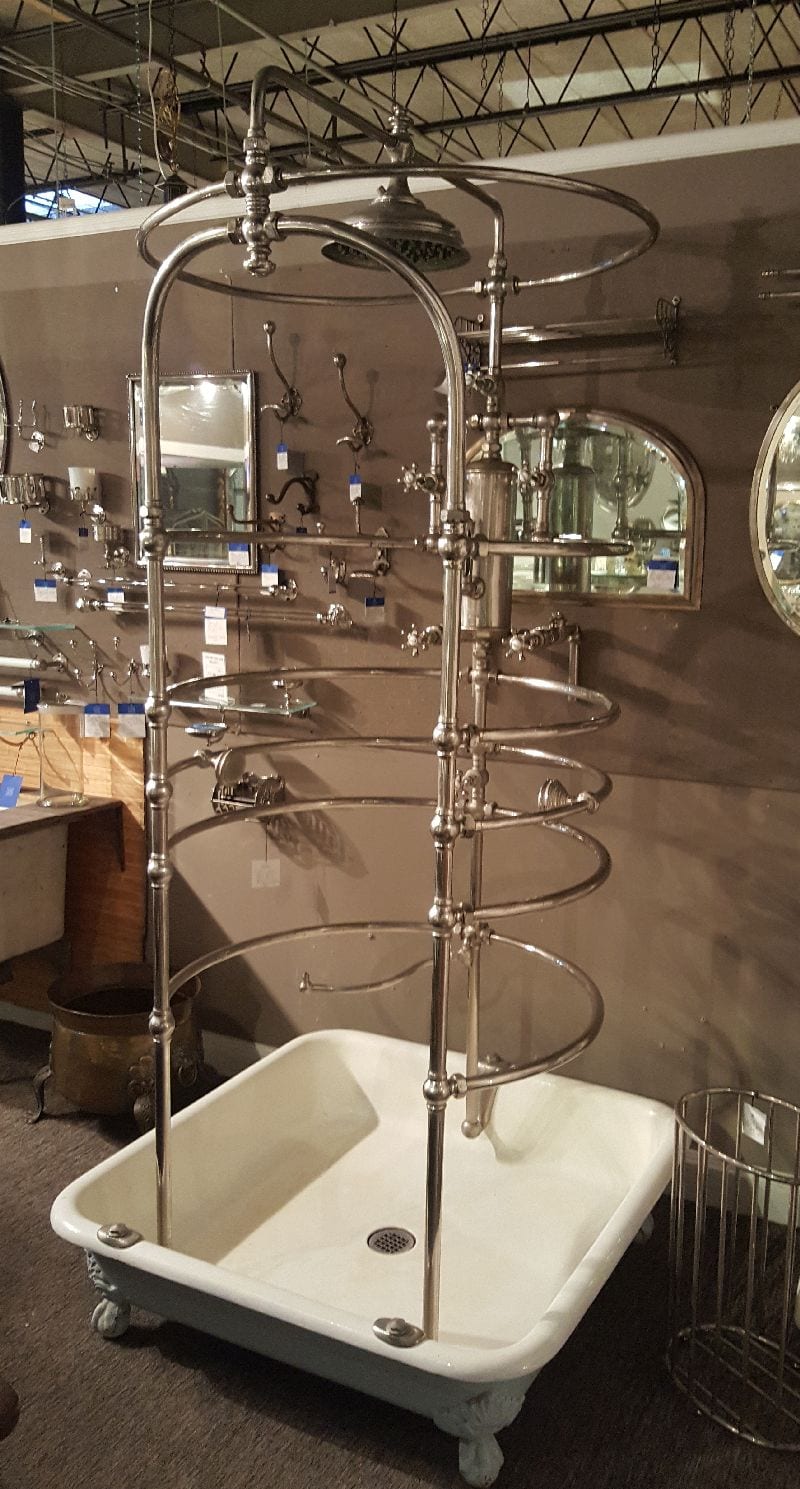
_(ADVERT_234).jpeg)
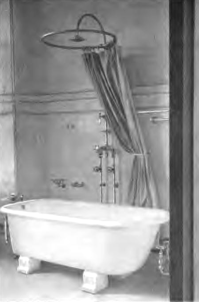

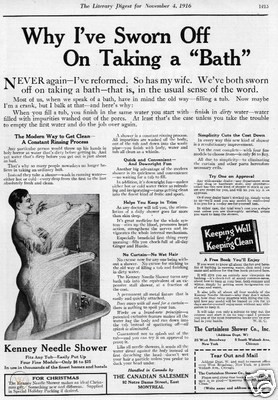
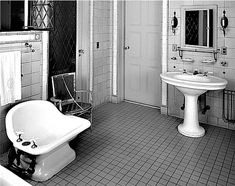
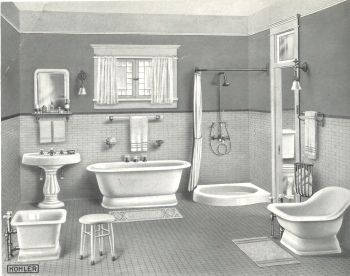



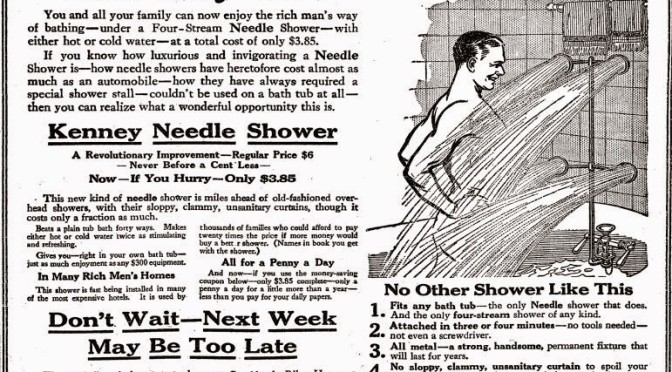
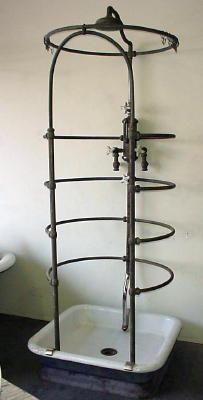
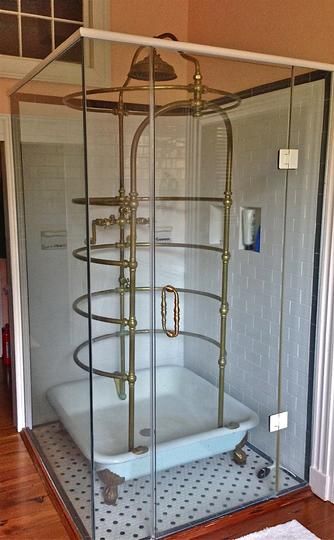
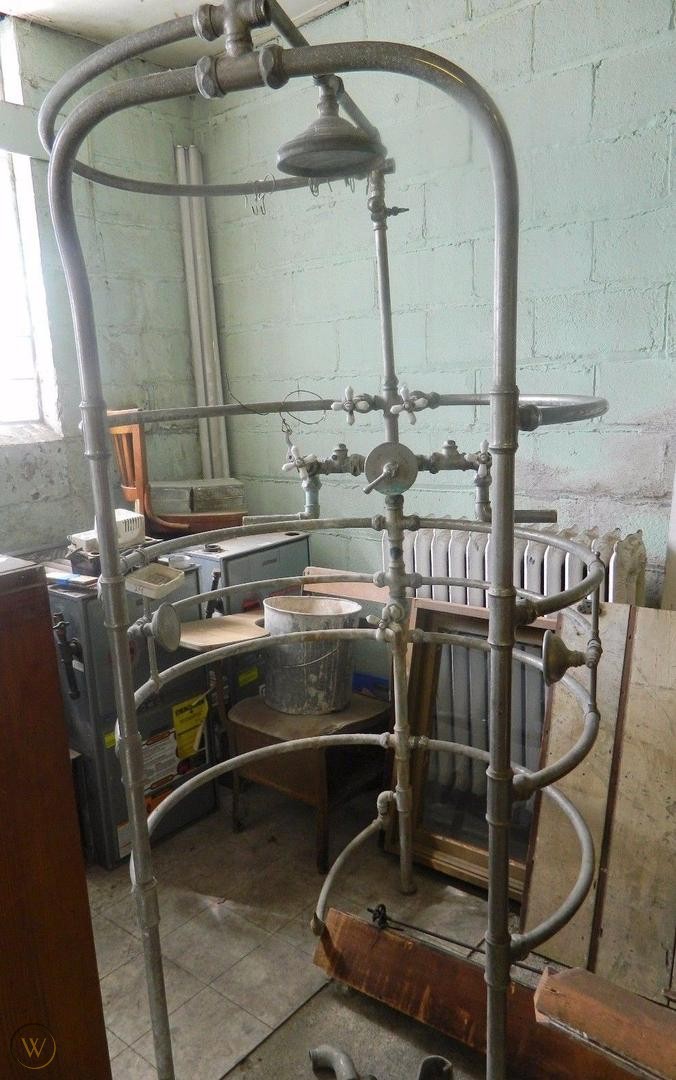
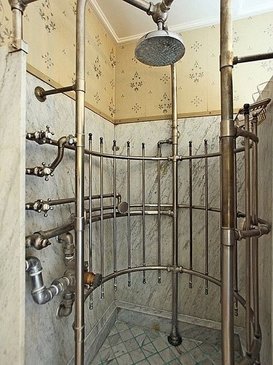

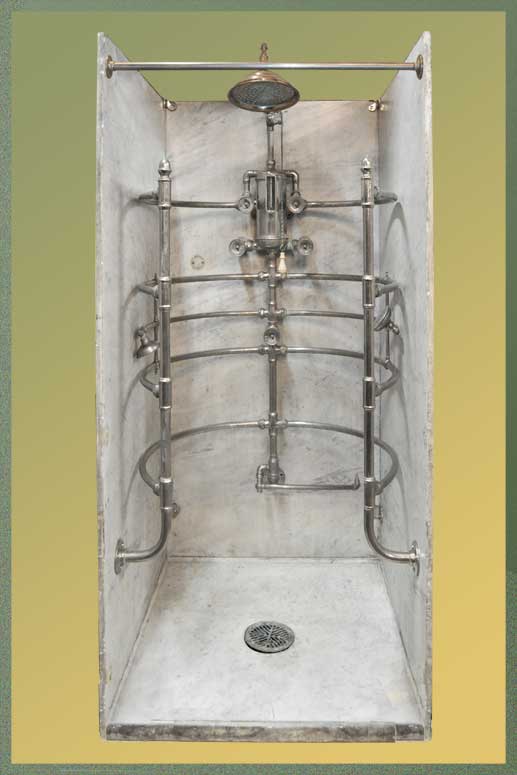
VERDI – TubToday Exclusive
Inward Swing, Walk-in Tubs by TubToday
TUBTODAY Exclusive
Inward Swing, Walk-in Tubs by TubToday
Ultimate
Inward Swing, Walk-in Tubs by TubToday
Tub4Two
Outward Swing, Two Seat, Walk-in Tubs by TubToday
Bathroom Accessories
48 Products
Bathroom Storage
10 Products
Bathtubs
48 Products
Custom Vanity Tops
14 Products
Flooring
84 Products